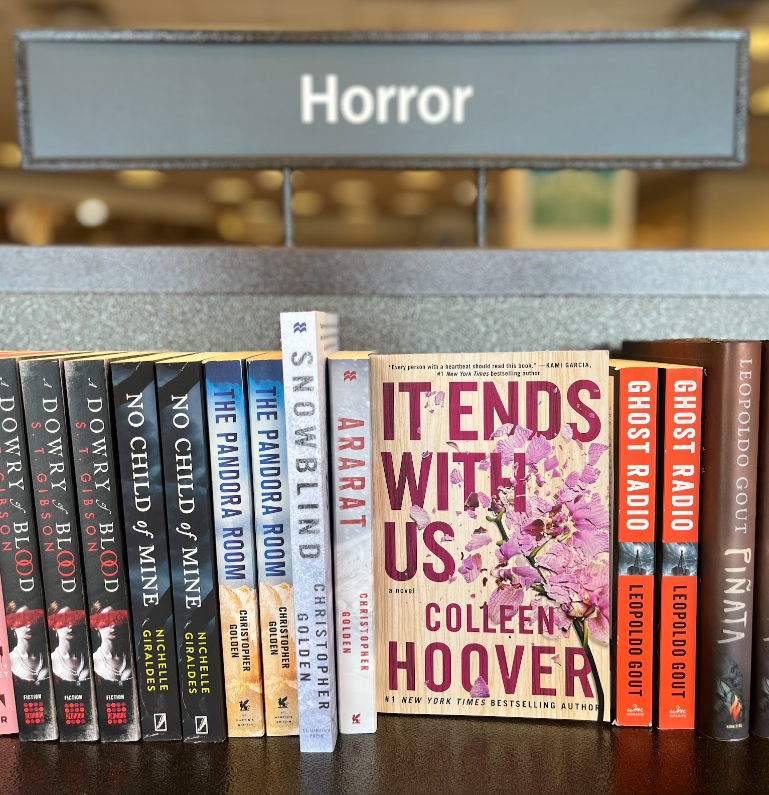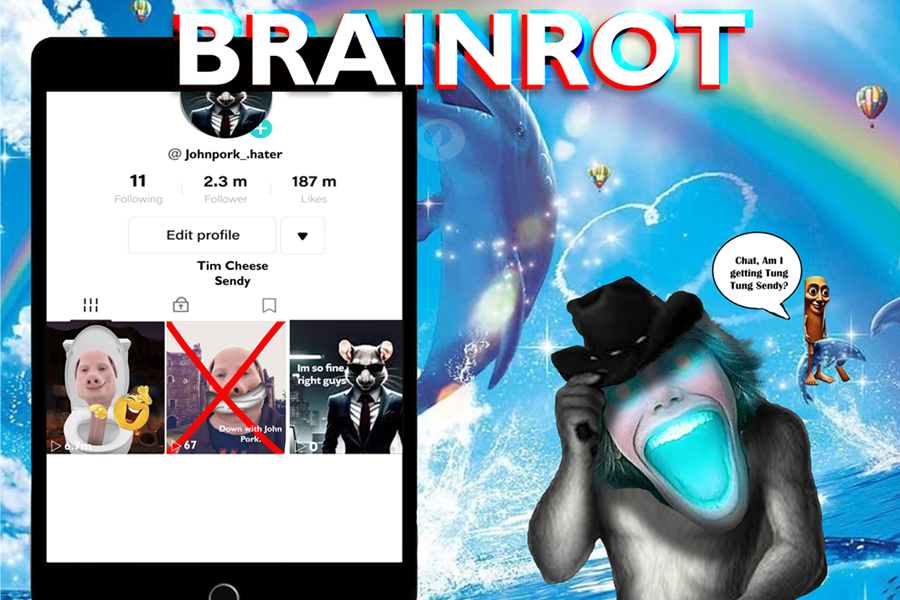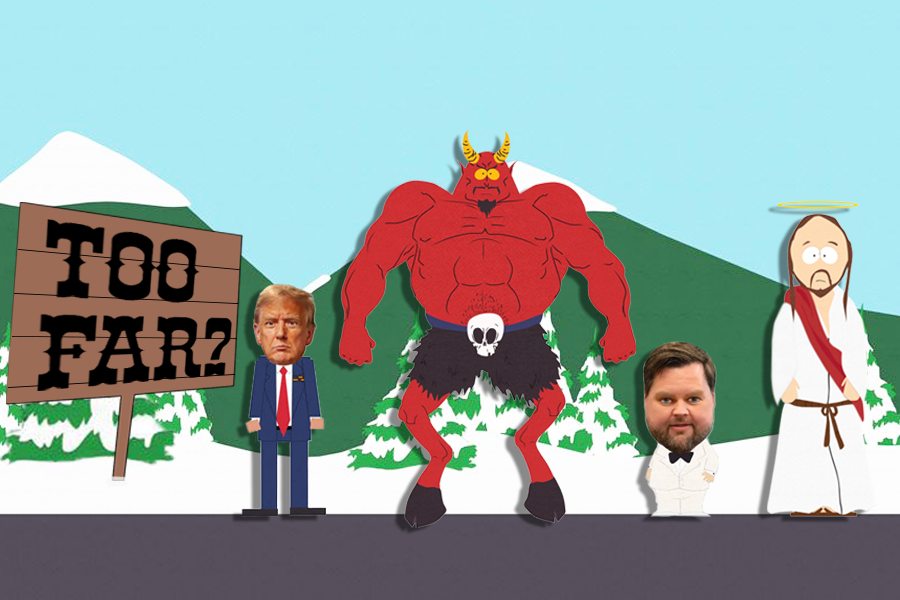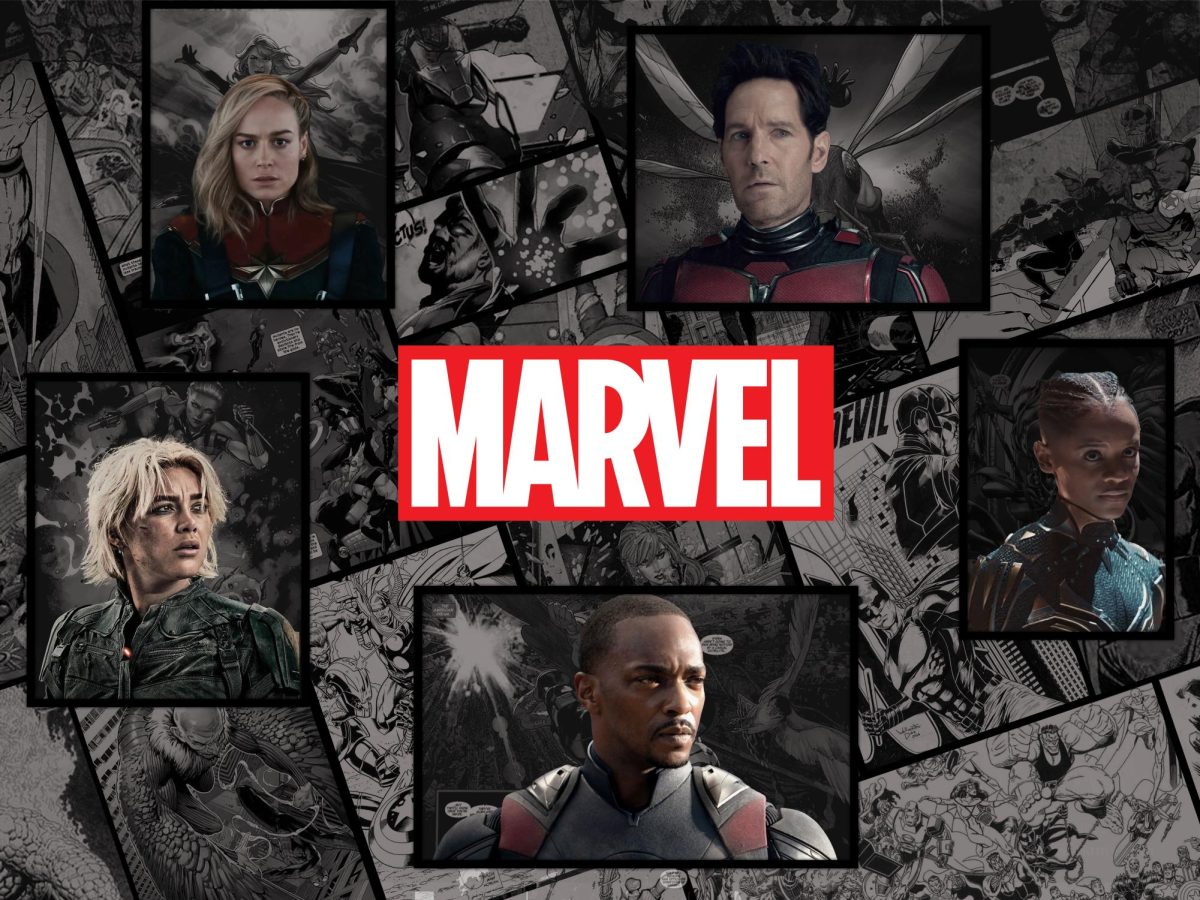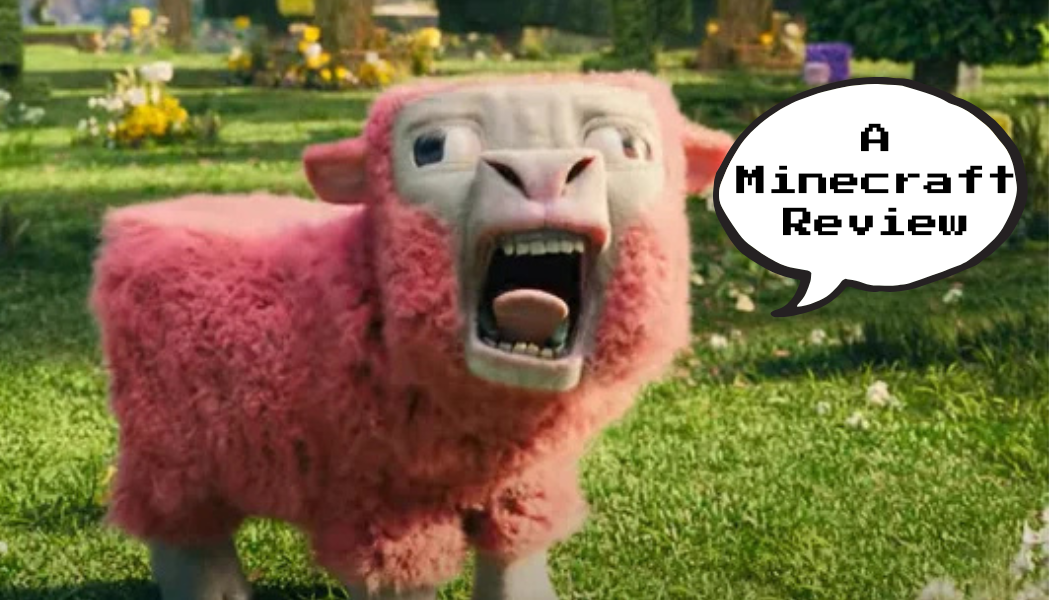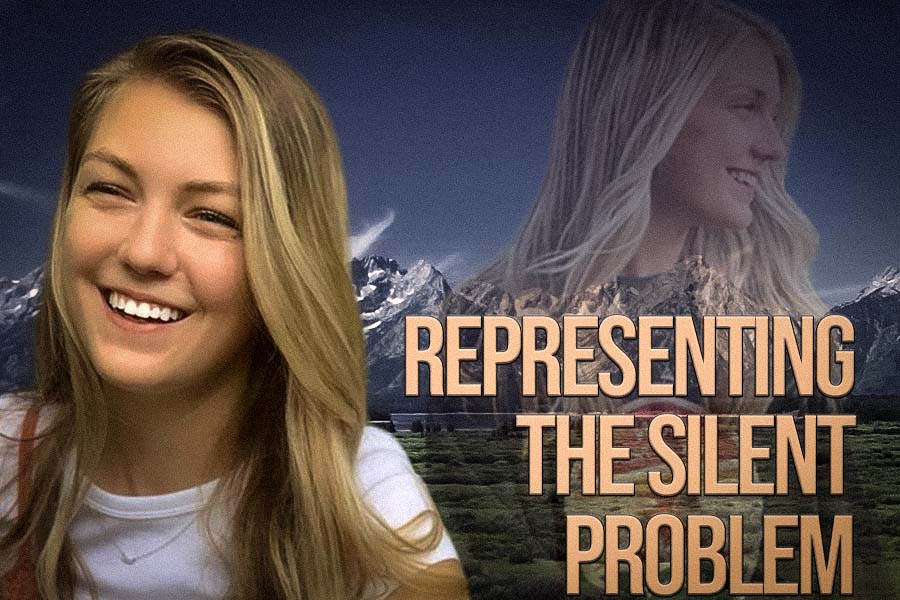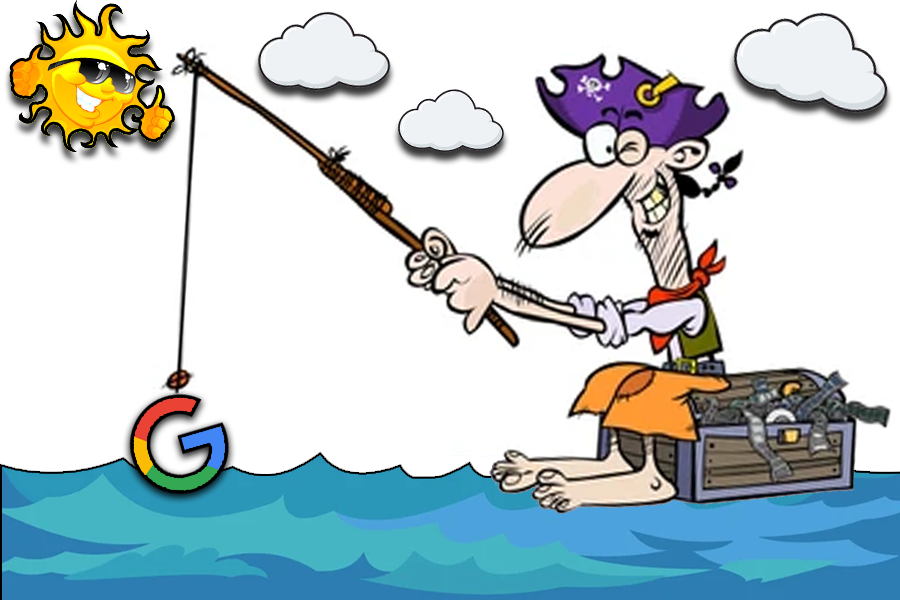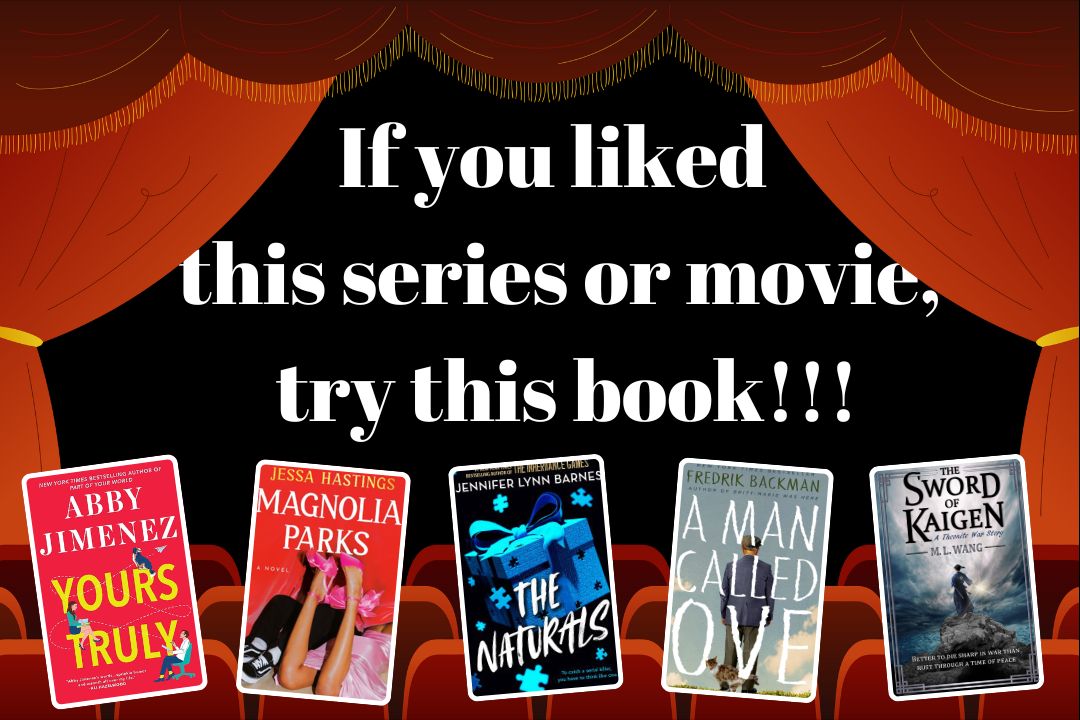As an avid reader, my curiosity was piqued when I saw the heaping praise for Colleen Hoover all over social media. Known throughout the TikTok reading community, BookTok, as a must-read author, Hoover was worshiped by many for her books, “It Ends With Us,” “Verity,” “Ugly Love,” and many others. While she rose to fame seemingly overnight, something told me to dig a little deeper. After pulling back the curtain, I discovered there is no wizardry behind her literary talent at all, but rather an inexperienced novelist with a fascination for romanticizing abuse and forms of manipulation.
Colleen Hoover published her debut novel, “Slammed,” in 2012 later releasing 25 other novels in less than 12 years. This calls into question whether Hoover puts any effort into her writing, opting instead to simply crank out novels and cash checks. A significant example is the novel responsible for her notoriety, “It Ends With Us.” When the novel became popular during the pandemic, Hoover released its sequel within a year after its increase in popularity, making it the most pre-ordered book ever. The sequel, “It Starts With Us,” was met with underwhelming reviews from fans, with many feeling they would rather she spent more time on it instead of pushing it out for a quick cash grab.
As I see it, Colleen Hoover is a lackluster writer who provides little detail in what is seemingly nothing more than fan fiction. Given her lack of writing proficiency, tackling difficult topics like domestic violence and sexual assault, I question whether Hoover is up to such a delicate task. Instead, Hoover leaves the impression that these topics and situations are normal parts of a relationship. She encourages readers to feel sympathetic for abusive male characters, hoping they would seek help instead of the woman leaving the relationship.
Abuse is a common theme in many of Hoover’s books, but instead of spreading awareness she instead seems to romanticize it. There are many examples of abuse such as in “It Ends With Us,” (spoiler warning…sorry not sorry) the main female character is pushed down a flight of stairs by the main male love interest. In “November 9,” the male protagonist burns the female love interest only to turn around and justify the scars, believing they make the woman more beautiful and symbolize his claim over her. I don’t understand how this addresses these situations at all, especially when the female protagonist stays with her abuser by the end of the novel.
Taking a look into the demographics of her readers, the vast majority of them are impressionable young women between the ages of 14-23. Many of her books are marketed as romances instead of literary fiction, and some are even labeled as young adult novels. I would understand this type of content for older women with developed brains and life experiences, but for this audience, her content allows easily influenced young women to believe this is commonplace and even romantic. The “Fifty Shades” series serves as a great example of appropriate audience marketing. This series, written as “Twilight” fan fiction and lacking the detail or flair as seasoned authors provide, still delivers a thrill factor for middle-aged suburban moms that made this series a hit. It shows that even without great writing, you can still market novels toward the correct audience and be successful.
Hoover’s novels provide no trigger warnings in either the summary or in the beginning of the book. In fact, it seems to intentionally disregard the dark topics completely. In contrast, dark romances that deal with similar triggering topics typically make these warnings well known before a person begins reading. When Hoover was confronted with this, she justified it by stating these warnings would only serve to spoil the “thrill” for the reader, totally disregarding people who might suffer or have previously suffered from this trauma. When I learned of her response, I was in disbelief. The fact that an author decides to leave out triggering information about her book to make it seem more interesting is nothing more than shady marketing.
Now, after listing many of the issues with Colleen Hoover’s novels, I still appreciate her impact on the reading community. She has brought forth an influx of readers and blown up the BookTok community page, increasing reading’s overall impact on others. I’m still able to understand why so many people read her books, as they are quick and easy to read compared to more complex and longer novels by more talented authors.
If you are still looking to read more mainstream books but want a well written novel, I suggest the notable “A Court of Thorns and Roses” series by Sarah J. Mass. If you’re looking for a heartfelt romance without triggering topics, many of Emily Henry’s novels are loved by the BookTok community and have exceptional ratings. As well, the newly popular “Fourth Wing” series by Rebecca Yaros is a dragon-filled “enemies-to-lovers” fantasy romance set in a demanding military school.
For new readers or others wondering if they should enter the world of Colleen Hoover, this is your official content warning. Colleen Hoover has many substantial problems with her novels, but I’m still capable of understanding why she is so well-liked and I applaud her for her effect on readers in all regions of the world.
“It Ends With Us”: Why I’m swearing off Colleen Hoover
Garrin Reiter, Opinion Writer
October 26, 2023
Colleen Hoovers novel placed in the horror section of a bookstore.
4
Donate to The Zephyr
$125
$500
Contributed
Our Goal
Your donation will support the student journalists of WEST FORSYTH HIGH SCHOOL. Your contribution will allow us to purchase equipment and cover our annual website hosting costs.
More to Discover
About the Contributor

Garrin Reiter, Co-Editor-in-Chief
Garrin is a senior and this is his second year writing for the Zephyr. In his first year, Garrin was a opinion writer and is now very excited to be taking on the role of Co-Editor-in-Chief his last year of high school. Garrin loves anything involving books, from gripping fantasy series to soppy love stories. He is very excited being a leader in the class and can’t wait to see what this new year will bring!


